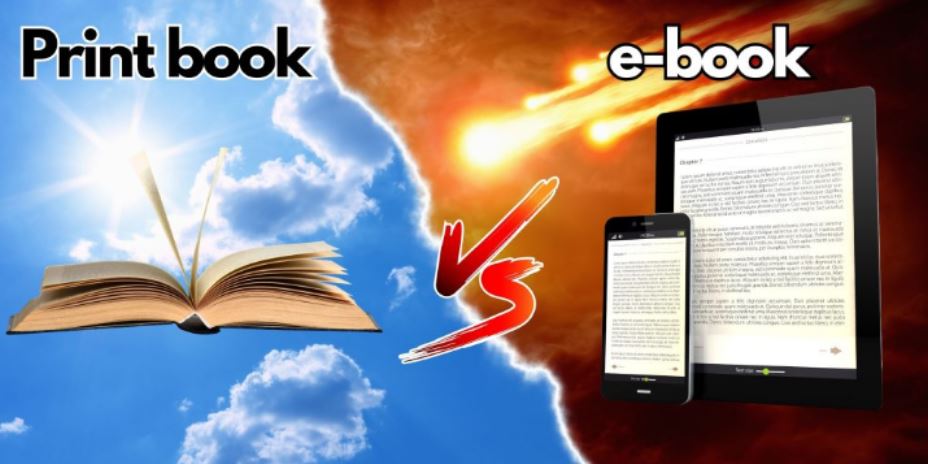Explore the pros, cons, and sales trends of ebooks versus print books, which format is winning and what it means for authors & publishers.
In the age of digital convenience, the battle of ebooks vs printed books has never been more relevant. While ebooks offer portability and instant access, print books continue to win hearts with their tangible charm. But when it comes to actual sales, which format is pulling ahead?
Let’s explore the numbers, reader preferences, and market trends that shape this ongoing debate.
Article Breakdown
The Rise of Ebooks
Ebooks have grown steadily since the early 2000s, largely due to:
- Instant accessibility: Readers can download a book anytime, anywhere.
- Lower production costs: No printing or shipping involved.
- Eco-conscious appeal: Less paper means a smaller environmental footprint.
- Adjustable features: Font size, background color, and built-in dictionaries enhance the reading experience.
According to recent data, ebooks saw a spike during the pandemic as physical stores closed and digital consumption soared. They remain especially popular in genres like romance, sci-fi, and self-help.
Why Print Books Still Thrive
Despite the convenience of digital, print books haven’t faded. In fact, they account for roughly 70% of book sales worldwide. Here’s why:
- Tactile experience: Many readers cherish the feel and smell of a physical book.
- Gifting appeal: Print books make for meaningful, tangible presents.
- Screen fatigue: With so much time already spent on screens, many prefer a break.
- Visual value: Coffee table books, children’s books, and textbooks are better appreciated in print.
The debate of ebooks versus print books often comes down to context—who’s reading, what they’re reading, and why.
Sales Trends: Who’s Winning?
When it comes to the numbers, physical books still dominate. However, ebook sales are holding steady, especially in niche markets and for indie authors who self-publish online. Some insights:
- Print books outsell ebooks overall, especially for traditionally published works.
- Ebooks sell better in global markets where print shipping is costly or delayed.
- Self-published authors often earn more through ebooks due to higher royalty percentages.
In essence, it’s not a matter of one format beating the other. It’s about understanding your audience and choosing the right platform to reach them.
Hybrid Publishing: Best of Both Worlds
Many publishers and authors are adopting a hybrid model—releasing both print and ebook versions to cater to wider audiences. This strategy:
- Increases reach and accessibility.
- Boosts revenue by appealing to both digital and traditional readers.
- Offers flexibility in marketing and pricing strategies.
If you’re looking to publish your book or explore different formats, working with experts like Mayfair Publishers can help you navigate the landscape with ease.
Conclusion: The Verdict? It Depends
So, in the debate of physical books vs ebooks, who really wins?
There’s no one-size-fits-all answer. Ebooks offer convenience and cost-efficiency, while printed books provide emotional and sensory appeal. Understanding your audience and leveraging both formats might just be the smartest move.
Whether you’re an author, reader, or publisher, embracing both worlds is the key to maximizing reach and revenue.



